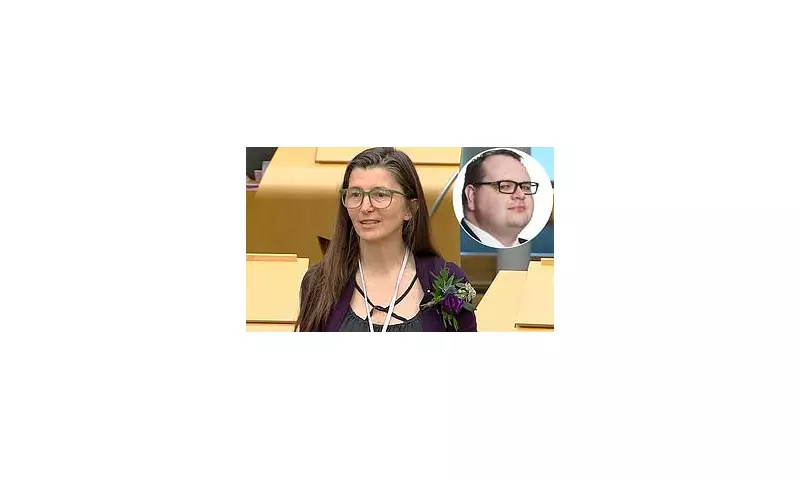
A Scottish Green Party MSP has ignited a political firestorm after advocating for mass immigration and multiculturalism in the Highlands and Islands as a primary tool to fight climate change.
Controversial Claims at Land Reform Conference
The remarks were made by Ariane Burgess, a list MSP for the Highlands and Islands, during a conference on land reform in Perth. Burgess argued that depopulated rural areas are incapable of addressing the climate crisis, stating, ‘If there aren’t any people in the straths and the glens, we’re not going to be tackling climate change – we absolutely need people in our rural communities.’
She further elaborated on her vision, questioning publicly whether her constituents were prepared for the change. ‘I go round my region and I think, “Are people in the Highlands and Islands ready for a multicultural Highlands and Islands?” — because that’s absolutely what we need.’
Backlash and Policy Criticism
The comments have been met with fierce criticism from commentators and political opponents. Critics were quick to point out that the Highlands and Islands are not devoid of people, and that sustainable public policy should focus on supporting existing communities through improved infrastructure like housing and broadband, rather than engineering demographic upheaval.
Detractors also argued that Burgess has the policy equation backwards. They contend that if a climate policy only functions through forced, large-scale population change, it is the policy itself that must be reconsidered, not the demographic composition of the country.
Offensive Remarks and Ideological Debate
The controversy deepened when Burgess suggested that potential immigrants might possess innate agricultural skills. She stated that newcomers could ‘have more of the earth and the skills in their bodies and their bones and possibly know how to work the land better than we do.’
This was widely condemned as a regressive and offensive stereotype, seemingly reducing immigrants to a labouring class. Critics drew parallels with historical plantation mentalities, arguing that such a view is deeply patronising.
The incident has fuelled a broader debate about the Scottish Greens' approach to governance. Accusations have flown that the party is using genuine challenges, like Scotland's demographic crisis and climate change, as a vehicle to push through a radical ideological project aimed at fundamentally reshaping Scottish society and culture, with little regard for public consent or practical realities.
Burgess’s unvarnished comments have been labelled as politically reckless, with warnings that discussing mass immigration as a fait accompli risks fuelling public anger and undermining support for legitimate climate action.





